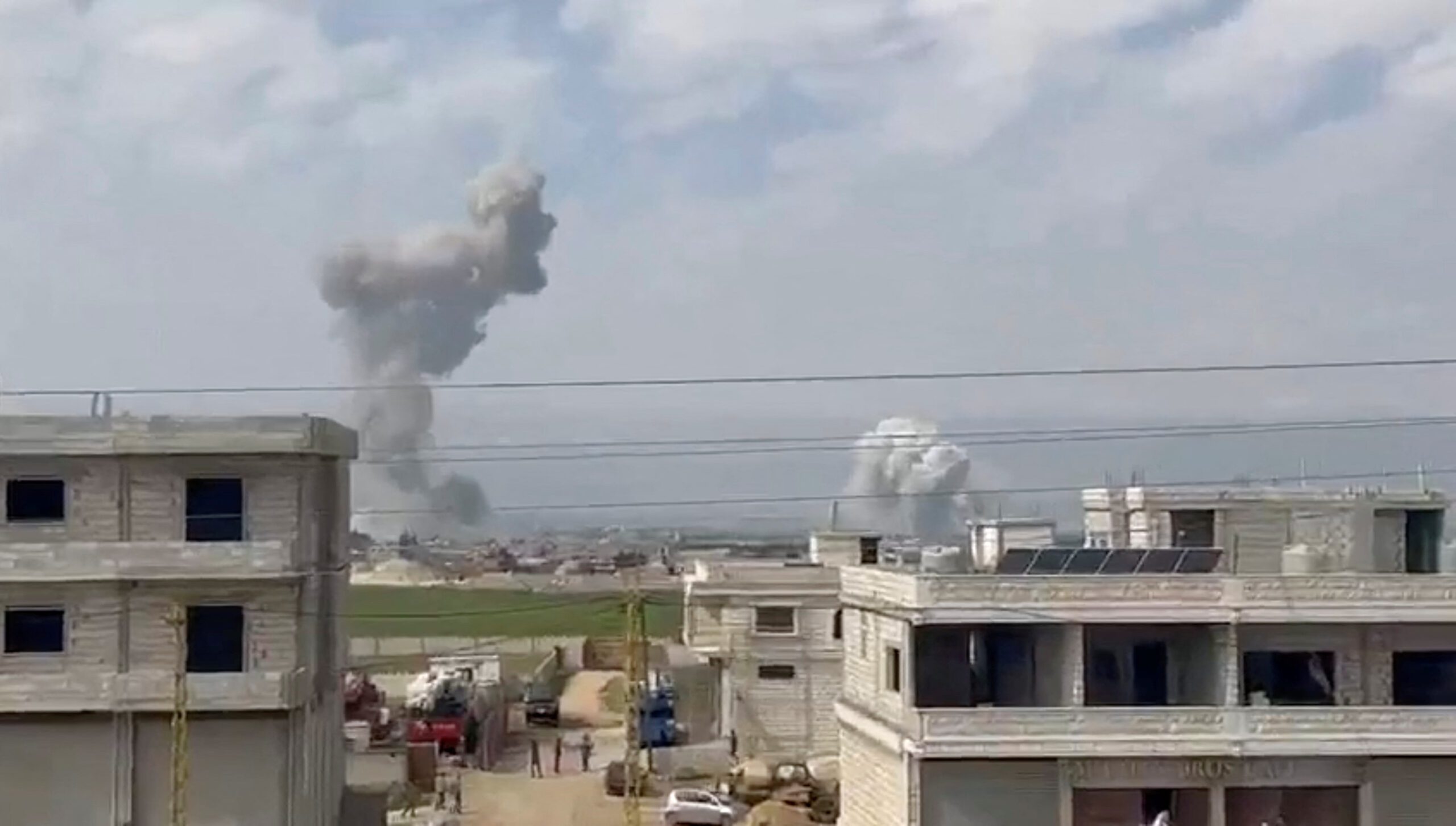The Lebanese Civil Defense has announced that one person was martyred and four were injured in a preliminary assessment of two Zionist enemy airstrikes on Sarein, in the Bekaa region earlier today, March 12.
This is the third air raid Israel has waged on the Bekaa region, following the targeting of the Baalbeck-Hermel governorate of Lebanon last night. At the time this article is published, we still do not have the full details regarding today’s events.
The strike hit a building in the center of the town of Nabi Sheet, near the grave of the Hezbollah leader Sayyed Abbas Musawi. Another airstrike targeted the area outside the town of Sarein in the Bekaa Valley.
Last night’s operations took place between Monday night and Tuesday morning, and Lebanese authorities have stated that one person was killed, while five others were injured as a result.
An Al Jazeera reporter has estimated the number of injured to be six.
The strikes hit the towns of Douris, Taria and Shamstar as Israeli forces announced the targeting of Hezbollah personnel.
Notably, the mayor of Baalbeck, Bachir Khodr, informed that the strike on Douris targeted an olive oil factory, killing an individual. Lebanon’s National News Agency, on its part, informed that the strikes on Taria and Shamstar also targeted factories, with the operational types of these factories remaining unknown.
So far, no evidence was provided to show that the factories targeted belonged to or were affiliated to Hezbollah, despite claims by the Israeli army that Hezbollah was planning to launch strikes towards Israel from them.
The Israeli Army added that the attacks came as a response to Hezbollah’s use of drones in the occupied Golan area. Indeed, Hezbollah claimed responsibility for an attack on an Israeli air defense headquarters in the area earlier on Monday, announcing accurate hits.
In response to the air raids, Hezbollah fired over 100 rockets from southern Lebanon towards the occupied Golan in two separate barrages earlier this morning.
A Continually Escalating Scale
It’s a series of back-and-forths that has continued to escalate as Israeli forces’ onslaught on Gaza intensifies. Notably, Israeli’s strikes on Baalbeck and Beirut in the last few months have been the deepest so far as the scope of areas affected continues to expand.
Since October 2023, Israeli operations have repeatedly caused destruction in the West Bank, Lebanon, Syria and the rest of the region while concurrently committing the largest genocidal campaign in the world’s recent history.
A Ceasefire in Sight?
While talks of a ceasefire have notably increased since the beginning of February, no agreements have hitherto been reached. While many, including Hamas, were hoping for a ceasefire by the beginning of Ramadan, continued Israeli attacks and refusals by Israeli authorities to de-escalate have effectively dispelled any chances for a fair agreement.
In addition, despite Lebanon being involved in the current round of fighting since the October 8, the country’s population is still wary of an all-out war. Recently, Israeli authorities have sought to pressure Lebanon into an unbalanced arrangement, threatening an incursion into the country if no agreement was reached by the March 15.
As such, Israel continues to isolate itself internationally amidst rising public protests and political efforts for de-escalation, including from Israel’s historically staunchest allies. The United States itself has taken a stricter tone with Israeli officials, but such a change in tone has not translated to concrete steps.
Many of Israel’s European allies have significantly reconsidered, decreased or completely cut relations with Israeli authorities. However, all such efforts have remained short of achieving an effective end to the ongoing genocide and Israeli occupation of Palestinian territories.
For Lebanon, issues are tightly linked to developments in Gaza, with Hezbollah announcing that it does not plan on halting operations as long as the Israeli onslaught on Gaza continues. As such, a ceasefire agreement directly implicates Lebanon, making it a key stakeholder in ongoing negotiations.


